Will You Have to Pay More Sales Taxes on Your Online Purchases?
One thing’s for sure: Consumers who live in one of the five states without a sales tax won’t be affected by the Supreme Court’s ruling.

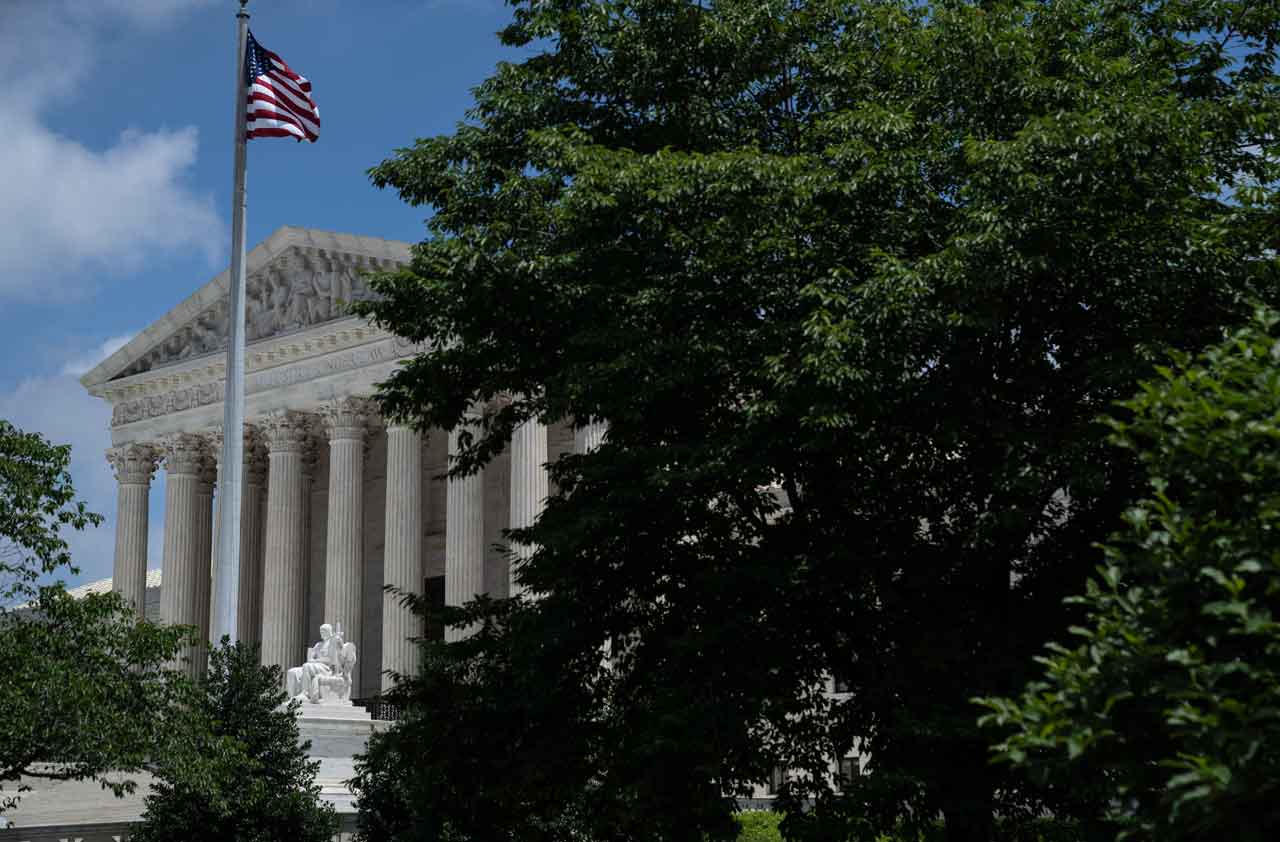
Profit and prosper with the best of Kiplinger's advice on investing, taxes, retirement, personal finance and much more. Delivered daily. Enter your email in the box and click Sign Me Up.
You are now subscribed
Your newsletter sign-up was successful
Want to add more newsletters?

Delivered daily
Kiplinger Today
Profit and prosper with the best of Kiplinger's advice on investing, taxes, retirement, personal finance and much more delivered daily. Smart money moves start here.

Sent five days a week
Kiplinger A Step Ahead
Get practical help to make better financial decisions in your everyday life, from spending to savings on top deals.

Delivered daily
Kiplinger Closing Bell
Get today's biggest financial and investing headlines delivered to your inbox every day the U.S. stock market is open.

Sent twice a week
Kiplinger Adviser Intel
Financial pros across the country share best practices and fresh tactics to preserve and grow your wealth.

Delivered weekly
Kiplinger Tax Tips
Trim your federal and state tax bills with practical tax-planning and tax-cutting strategies.

Sent twice a week
Kiplinger Retirement Tips
Your twice-a-week guide to planning and enjoying a financially secure and richly rewarding retirement

Sent bimonthly.
Kiplinger Adviser Angle
Insights for advisers, wealth managers and other financial professionals.

Sent twice a week
Kiplinger Investing Weekly
Your twice-a-week roundup of promising stocks, funds, companies and industries you should consider, ones you should avoid, and why.

Sent weekly for six weeks
Kiplinger Invest for Retirement
Your step-by-step six-part series on how to invest for retirement, from devising a successful strategy to exactly which investments to choose.
Today’s ruling by the Supreme Court has many consumers wondering: Am I going to start paying more in taxes to shop online? But you already do, to a certain extent. Amazon, Walmart, Target, Costco, Sears and some others already collect state sales taxes on online orders from buyers in states that impose sales taxes.
However, Amazon only collects sales taxes on its third-party sellers for two states, Washington and Pennsylvania. And many other sellers that do not have a physical distribution network in a particular state, such as Overstock.com, do not collect either. Such e-commerce businesses generally have not been required to collect sales taxes since the 1992 Supreme Court case, Quill v. North Dakota, which held that only those businesses with a physical presence in a state had to collect sales taxes from customers in that state. That physical presence standard was just overturned by the Supreme Court in the case South Dakota v. Wayfair, by a 5-4 decision.
The Court’s majority decided that the landscape has changed since 1992, with e-commerce now taking a far larger share of total retail sales. It ruled that economic activity in a state is a better measure of relevance for purposes of taxation than physical presence.
From just $107.88 $24.99 for Kiplinger Personal Finance
Become a smarter, better informed investor. Subscribe from just $107.88 $24.99, plus get up to 4 Special Issues

Sign up for Kiplinger’s Free Newsletters
Profit and prosper with the best of expert advice on investing, taxes, retirement, personal finance and more - straight to your e-mail.
Profit and prosper with the best of expert advice - straight to your e-mail.
But note that the Court only says that the South Dakota law is OK for South Dakota, without defining what “OK” means for all the other states. Under the S.D. law, sellers that make more than $100,000 in yearly sales or 200 transactions in that state are required to collect sales tax from S.D. buyers. Other states looking to tax internet sales will also likely have to exclude small businesses in order to withstand legal scrutiny. The S.D. law is also not retroactive.
Still, the ruling clears the way for other states to enact similar laws requiring retailers to collect applicable sales tax on online purchases made by residents of the state. Many states are bound to take advantage of the green light the Supreme Court has given them, which means consumers will eventually end up having to pay sales tax on more of the things they buy online. Note that consumers who live in one of the five states without a sales tax…Alaska, Del., Mont., N.H. and Ore…won’t be affected by the Supreme Court’s ruling.
Congress could be pressed to eventually step in and set a national standard exempting internet sales for small sellers. Congress would be motivated to appear as the good guys by superseding the myriad of burdensome state laws. It also helps that both Amazon CEO Jeff Bezos and President Trump favor a national standard instead of a patchwork.
Whatever lawmakers do, don’t assume that the imposition of online sales taxes will sink e-commerce. Many shoppers shop online to see large selections, get fast delivery and find low prices. Online prices are still likely to be lower than in-store, simply because online sellers have lower infrastructure and labor costs.
Profit and prosper with the best of Kiplinger's advice on investing, taxes, retirement, personal finance and much more. Delivered daily. Enter your email in the box and click Sign Me Up.

David is both staff economist and reporter for The Kiplinger Letter, overseeing Kiplinger forecasts for the U.S. and world economies. Previously, he was senior principal economist in the Center for Forecasting and Modeling at IHS/GlobalInsight, and an economist in the Chief Economist's Office of the U.S. Department of Commerce. David has co-written weekly reports on economic conditions since 1992, and has forecasted GDP and its components since 1995, beating the Blue Chip Indicators forecasts two-thirds of the time. David is a Certified Business Economist as recognized by the National Association for Business Economics. He has two master's degrees and is ABD in economics from the University of North Carolina at Chapel Hill.
-
 Nasdaq Leads a Rocky Risk-On Rally: Stock Market Today
Nasdaq Leads a Rocky Risk-On Rally: Stock Market TodayAnother worrying bout of late-session weakness couldn't take down the main equity indexes on Wednesday.
-
 Quiz: Do You Know How to Avoid the "Medigap Trap?"
Quiz: Do You Know How to Avoid the "Medigap Trap?"Quiz Test your basic knowledge of the "Medigap Trap" in our quick quiz.
-
 5 Top Tax-Efficient Mutual Funds for Smarter Investing
5 Top Tax-Efficient Mutual Funds for Smarter InvestingMutual funds are many things, but "tax-friendly" usually isn't one of them. These are the exceptions.
-
 Family Holiday Meal Deals from Walmart, Target, Kroger
Family Holiday Meal Deals from Walmart, Target, KrogerWalmart, Target, and Kroger offering families holiday meal deals to help shoppers battered by crippling grocery costs. But the deals won't last long.
-
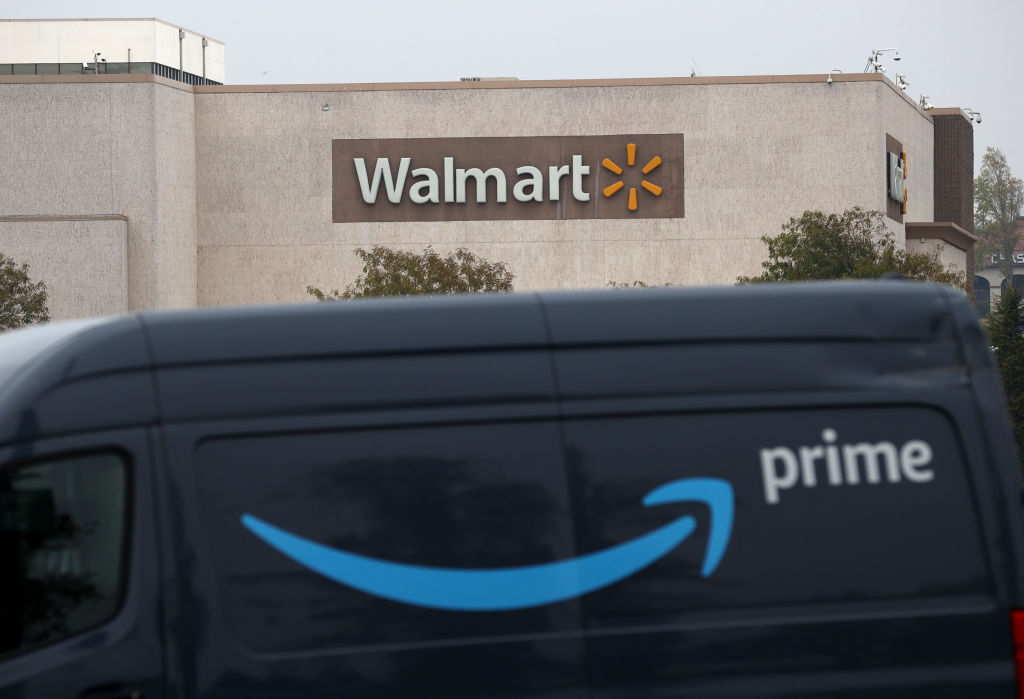 Amazon vs Walmart: Who Has the Cheapest Prices?
Amazon vs Walmart: Who Has the Cheapest Prices?Amazon handily beat Walmart for the lowest prices on food and consumables, a study shows. In other categories, things tightened up.
-
 Claire’s, Your Kids’ First Jewelry Store, Goes From Malls to Macy’s
Claire’s, Your Kids’ First Jewelry Store, Goes From Malls to Macy’sThe shopping center staple has teamed up with mall anchor Macy’s to open shops-within-a-shop
-
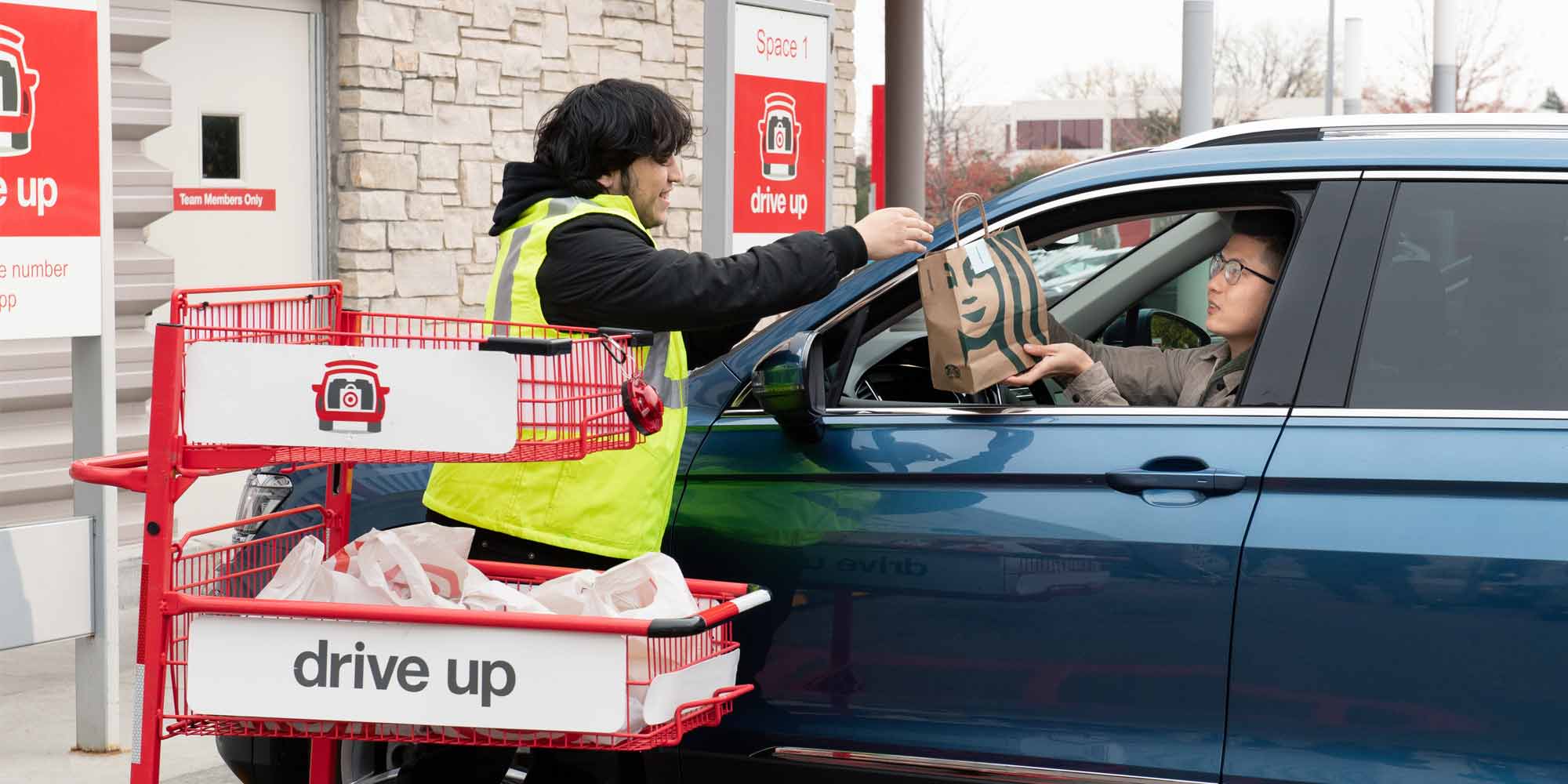 Target, Starbucks Team Up for Curbside Pickup
Target, Starbucks Team Up for Curbside PickupDrive to Target, pick up your stuff — and get coffee without leaving the car. Prefer to stay home altogether? Buy into an offer of free home delivery from Target for a year.
-
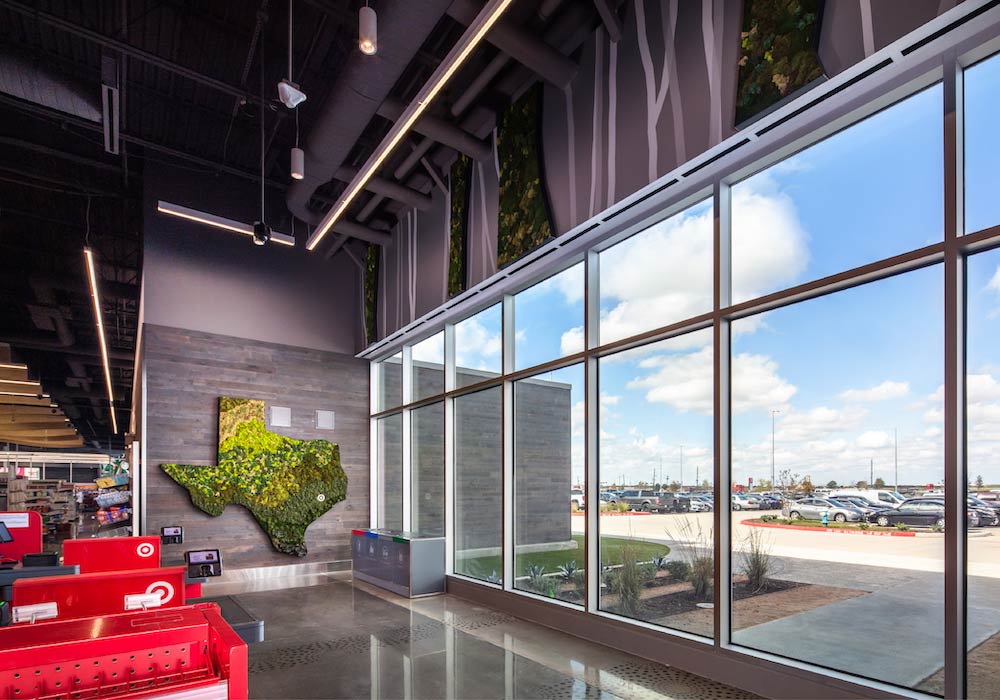 New Target Stores Will Be Huge
New Target Stores Will Be HugeThe discount retailer will expand its footprint and design with more stores and remodels that will reflect the new concept.
-
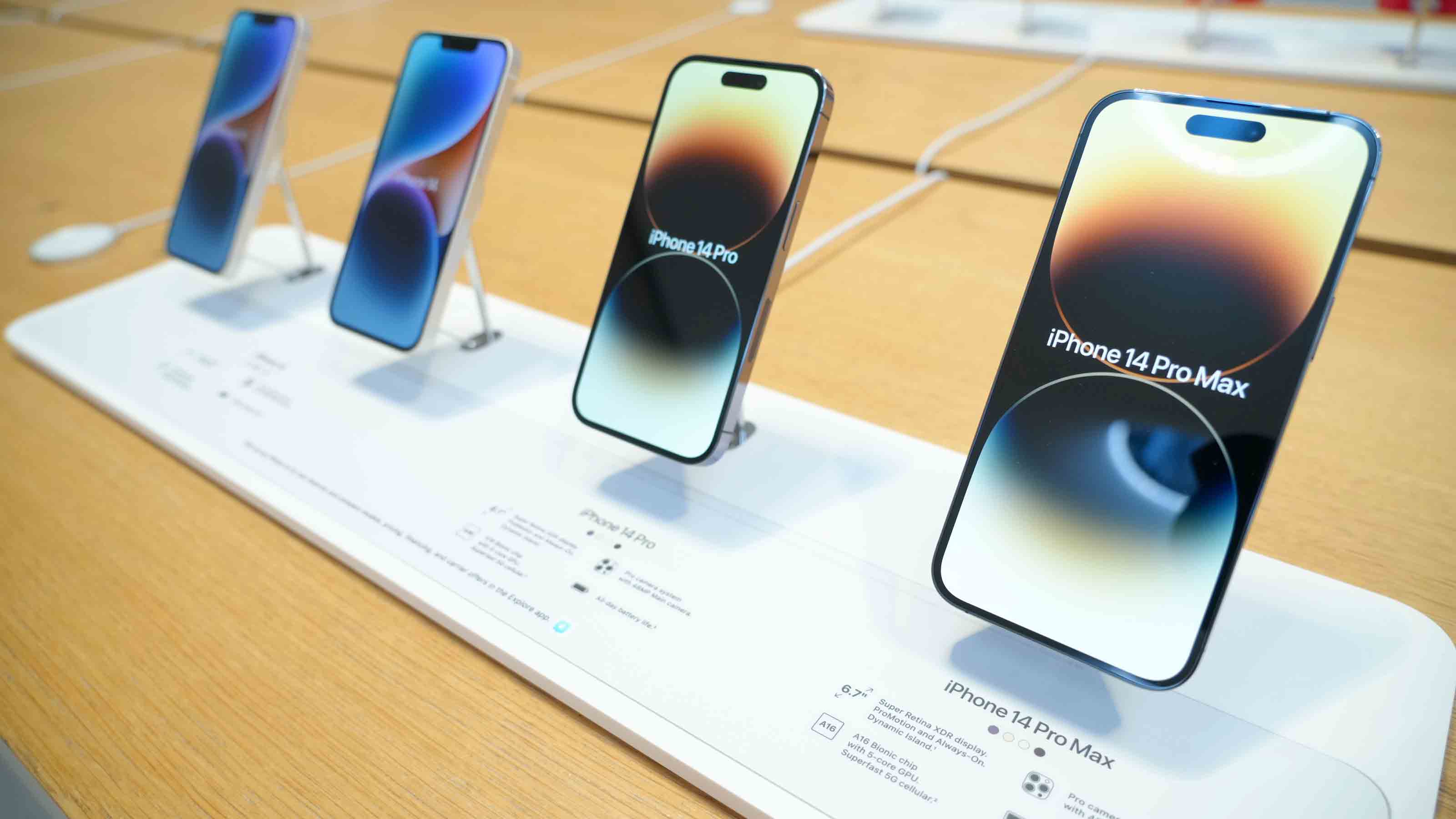 Apple Shops Are Popping Up in Target Stores
Apple Shops Are Popping Up in Target StoresTarget is pairing up with the creator of iPad and iPhones to bring specialty services to its select Target Circle members. Free Apple Fitness+? Yes, please.
-
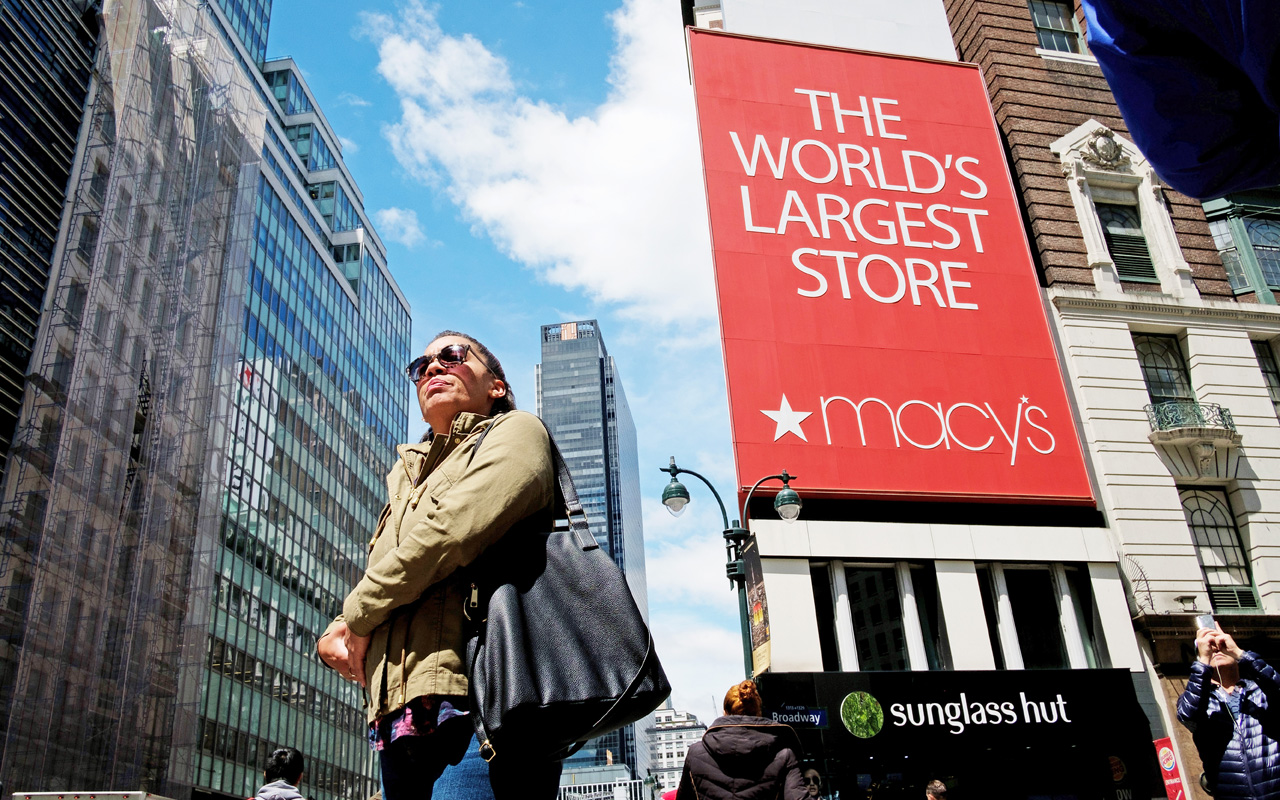 Holiday Deals: Bargains for Shoppers as Retailers Shed Overstock
Holiday Deals: Bargains for Shoppers as Retailers Shed OverstockMany (though not all) vendors will be turning to discounts and clearances even as inflation eats at their sales.
-
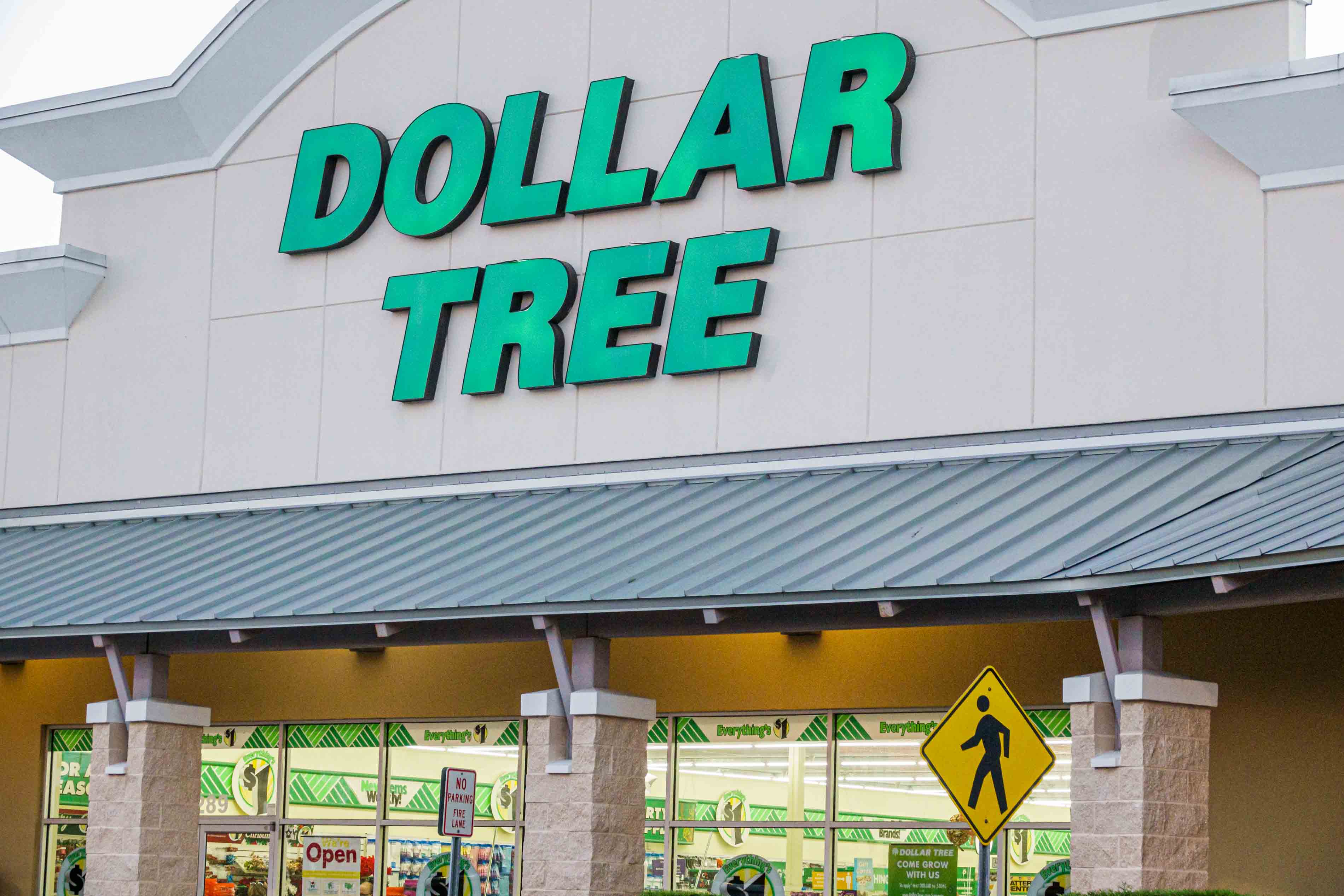 Best Things to Buy at Dollar Tree (and Other Dollar Stores) for the Holidays
Best Things to Buy at Dollar Tree (and Other Dollar Stores) for the Holidaysshopping Dollar Tree shopping is the way to go to find holiday bargains. Other dollar stores are also deal havens, and Walmart has stepped up its less-than-a-dollar game, too.